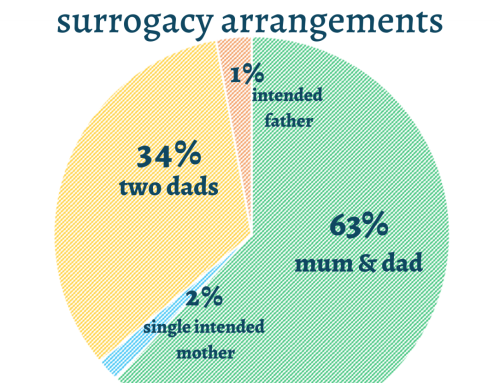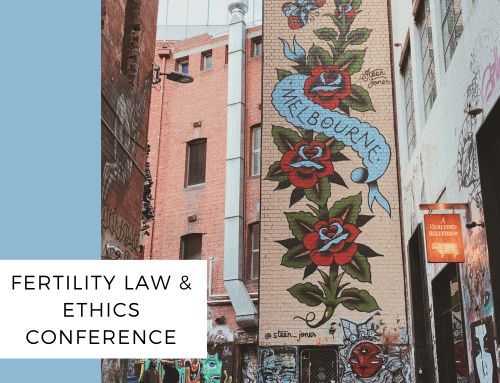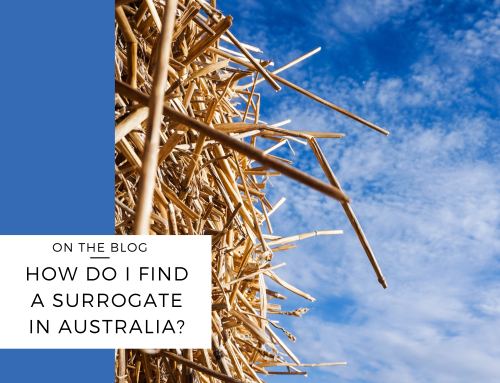Are we all created equal, when it comes to surrogacy? Are all intended parents equally entitled to pursue surrogacy? Are all women who want to be surrogates, good candidates for surrogacy?
If you are new to surrogacy, you can read about how to find a surrogate, or how to become a surrogate yourself. You can also download the free Surrogacy Handbook which explains the processes and options.
Maybe this post is really just a big bunch of questions. I don’t have all the answers. But I have been pondering lately, about whether we, as a community, have a responsibility to each other and to future children born through donor conception or surrogacy, to uphold certain ethics and practices. As a professional in the field, I know that I need to uphold the child’s best interests as paramount above anyone else’s. But what about a Facebook group? What about Jo Citizen – do they have a responsibility to do the same?
Do we step in to prevent a surrogacy arrangement going ahead, if we think it doesn’t uphold the best interests of the child? What is the role of a Facebook group, or web forum, in screening its members to determine who is good to proceed with surrogacy and who should be able to use the group or forum to further their journey? Are the moderators on those forums skilled enough to make those decision, and should they even have that power?
No one is entitled to have a child, or to have a surrogate carry a child for them. Whilst I’m a huge advocate for surrogates exercising their bodily autonomy, that is not the same as being entitled to be a surrogate. We have some checks and balances in our processes, but history tells us that they are not always enough to prevent poor arrangements proceeding, to the detriment of the adults and children involved.
We cannot assume that medically or socially qualifying for surrogacy is enough to make someone a good candidate. A lack of a working uterus is not, of itself, a good enough reason to have a surrogate carry a baby for you. But then, what is the criteria? And in lieu of the community members being doctors, psychologists, Judges, lawyers or ethicists, how do we determine what that criteria should be? Here’s some questions that might be posed:
- Will the surrogate or intended parents suffer or cause trauma to themselves by progressing with a surrogacy journey?
. - Will the child, or any child of the parties, be at risk of suffering trauma, abuse, violence or neglect if the surrogacy arrangement proceeds?
. - Will the parties be able to maintain a healthy, lifelong relationship with each other, beyond the surrogacy?
. - Do the parties appreciate and expect to follow the processes – including the legal advice and counselling steps – before proceeding with an arrangement? Is anyone looking for a cheap and easy way to avoid the processes? Why are they doing that?
. - Have the parties reflected on their own wellbeing, and accessed support to address their own mental health and behaviour, or are they willing to do so?
. - Do any of the parties exhibit a sense of entitlement – to be a surrogate, to be a parent, to have a surrogate carry their baby? There is no legal right or entitlement to have a child – do the parties appreciate that?
. - Is there any history of family violence or child protection involvement for any of the parties? How can we find out this information, without running police checks or child welfare checks?
. - Is anyone hiding part of their story? It’s not unusual for parties to behave very well in each other’s presence and that of the professionals – how do we see behind the masks? Is anyone evading questions about their story? We need to be authentic when we engage in surrogacy – does anyone seem inauthentic?
So, as a community, what do we do about it, if we see red flags flying? Is it our job to stop someone? Can we even do that? Again, I don’t have the answers – and I think adults are adults and there are limits to how much we can control what other people do. But, I have some ideas:
- Ask questions. Look behind the story and ask for answers if there are any gaps.
. - Educate people about how surrogacy works in Australia. There is a multitude of information out there, including in the Blog and the Podcast.
. - Talk to other members of the community. Poor outcomes can be avoided if we talk to other people about our concerns – don’t stand by and let someone offer or accept an offer from someone who is not a good pick. The last thing we want is for someone to say “I wish someone had warned me!”
. - Uphold the ethics of the community. A lot of work has been done to improve the profile of surrogacy in Australia – what can you do to help that? If you want to pursue surrogacy, and have a good experience, then it would make sense if the stories around you were positive. And to that end, everyone in the community has a responsibility to contribute, educate and support others to have a positive experience. We don’t want the headlines to be about trauma, or unethical practises. When the headlines have been bad, the surrogacy community suffers as a whole. The story we want children born through surrogacy to hear is positive and loving – the stigma of surrogacy is not helped by poor outcomes and behaviour.
If you are part of the surrogacy community, what do you think is your role in helping and preventing poor outcomes? Is it something you think should be left to the lawyers and counsellors? Or, do we as a community, have an obligation to protect other surrogates, intended parents and children?
Sarah has published a book, More Than Just a Baby: A Guide to Surrogacy for Intended Parents and Surrogates, the only guide to surrogacy in Australia.
If you are new to surrogacy, you can read about how to find a surrogate, or how to become a surrogate yourself. You can also download the free Surrogacy Handbook which explains the processes and options.
Looking for a surrogate and not sure where to start? We Need a Surrogate – What’s Next? And if you have a surrogate or intended parents, you can get started on the surrogacy process.
You can read a broad overview for surrogacy in Australia and how it works.
You can also book in for a consult with me below, and check out the legal services I provide.








